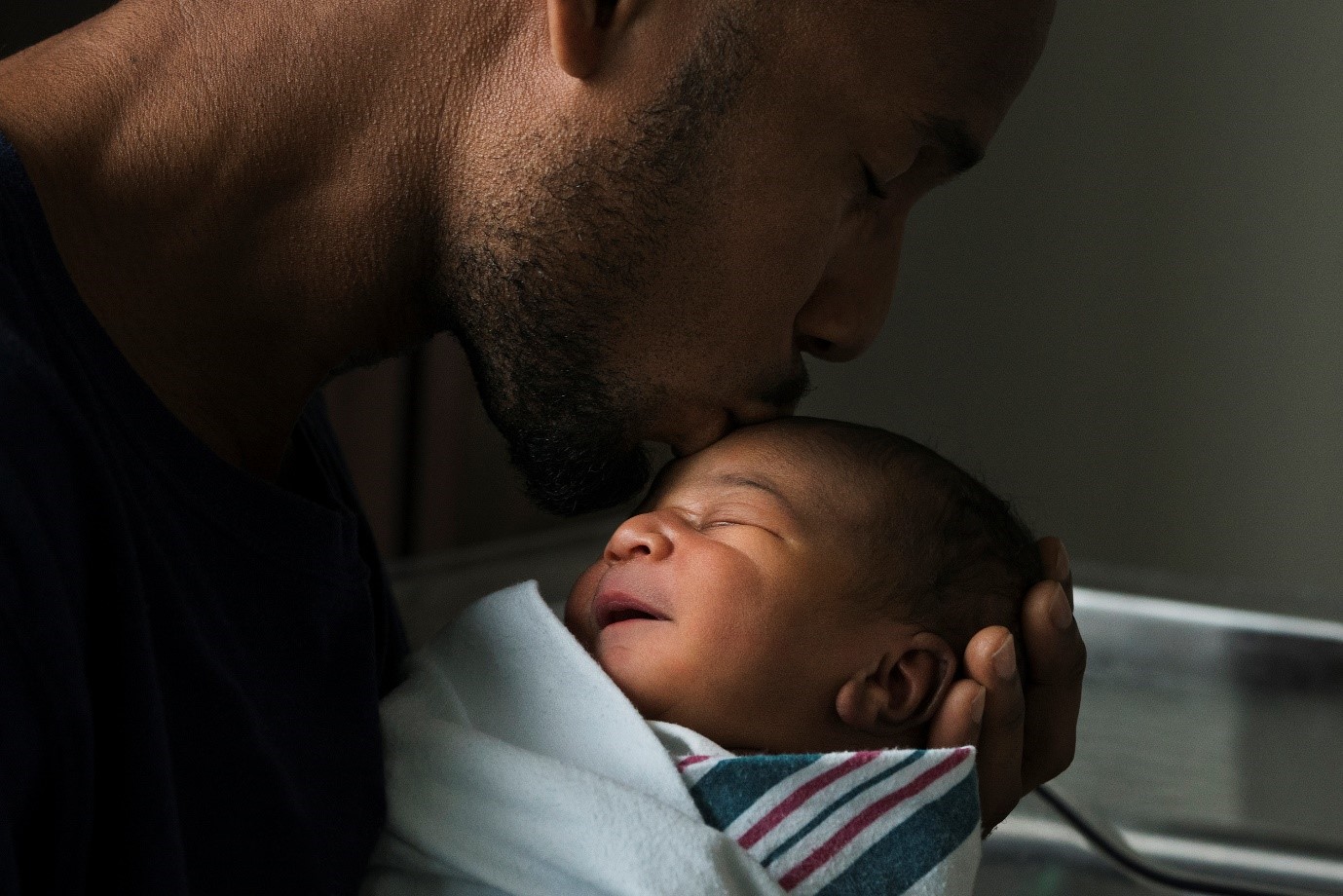(Sama suomeksi)
Across several cultures throughout history, mothers have taken on most of the caregiving and upbringing responsibilities of children. In Finland, too, the parental leave still divided unequally between parents: fathers used only 11 percent of parental allowance days in 2021 and one in five fathers did not use any of the parental allowance. In 2022 the Finnish government reformed the parental allowance system to encourage fathers’ participation in direct childcare and to reduce the gender wage gap. Such efforts have already been put in place in other Nordic countries with good results. For example, in Sweden fathers currently use around 30 percent of all paid parental leave and Sweden’s labour force participation rate is the highest in the world.
The sharing of responsibilities between parents may contribute to the quality of parent-child relationships. An Israeli research group found that fathers’ amount of involvement with childcare was associated with the capacity of mothers to respond to their infants’ cues in a timely and appropriate manner. This capacity is called parental sensitivity. These findings emphasize the importance of father involvement to the mother–child relationship.

Childcare impacts fathers too: engaging in childcare is linked with changes in men’s brain function. In a recent study, a Dutch research group used brain imaging to study new fathers’ neural activity. They found that fathers who spent more time caring for their child had greater connectivity between parts of the brain that relate to recognizing infant cues and understanding the mental states of others.
Another study compared fathers who took the primary caregiver role in the family to fathers who took the secondary caregiver role. They found that primary caregiving fathers were more in tune with their child when interacting with them. Their brains were also different. For example, primary caregiver fathers showed greater activation in subcortical areas that usually activate in mothers together with cortical activity areas usually seen in fathers. Such co-activation has been linked with, e.g., social cue detection. Developing better connectivity between areas that support emotion processing is important to new parents since they need to recognize the emotions of their baby to figure out what they need.

The complex connections between different subcortical and cortical brain networks have been termed the Global Caregiving Network, which serves parenting behaviors and promotes sensitive parenting. Engaging in childcare is associated with the activation of a Global Caregiving Network in women and men, in both biological parents and those unrelated to the child, and regardless of parents’ sexual orientation. This points to how parenthood is not about who you are but what you do. The above-mentioned changes in this network might reflect a new skillset in first-time parents, resulting from childcare. The relationship between spending time with one’s baby and greater connectivity of networks that support parenting points to how important it is that parents have a chance to take time off to bond with their baby and to transition into parenthood
Taken together, research has shown that time spent with children impacts the parents’ brain function and improves the parent-child relationship. From this psychological perspective, equal sharing of childcare responsibilities within families can help to ensure the best possible parent-child relationship.

We continue to discover how childcare impacts parents. At the Human Information Processing laboratory, we are studying how caring for a baby impacts first-time fathers. We are looking for Finnish-speaking men from the Tampere region who are expecting their first child in 2022 to take part in this study. By participating, you too can advance science on how childcare experience shapes men! Read more and participate here.
In addition, an upcoming study on mothers will be carried out at the Human Information Processing Laboratory soon. We are going to study the role of maternal experience on both behavioral and physiological responses to infants. We will keep you updated on this website with the latest information about recruitment of mothers, so please stay tuned!
https://projects.tuni.fi/transparent/
https://www.instagram.com/hiplabra/?hl=fi
Doctoral Researchers Sonja Veistola, Micol Gemignani, and Hanneli Sinisalo


